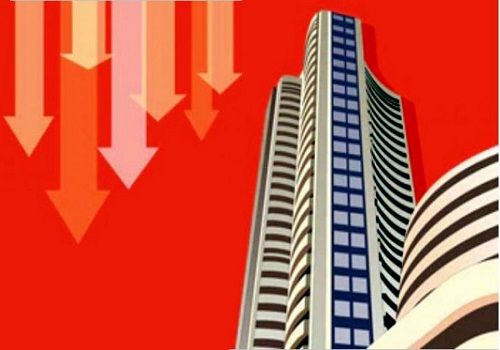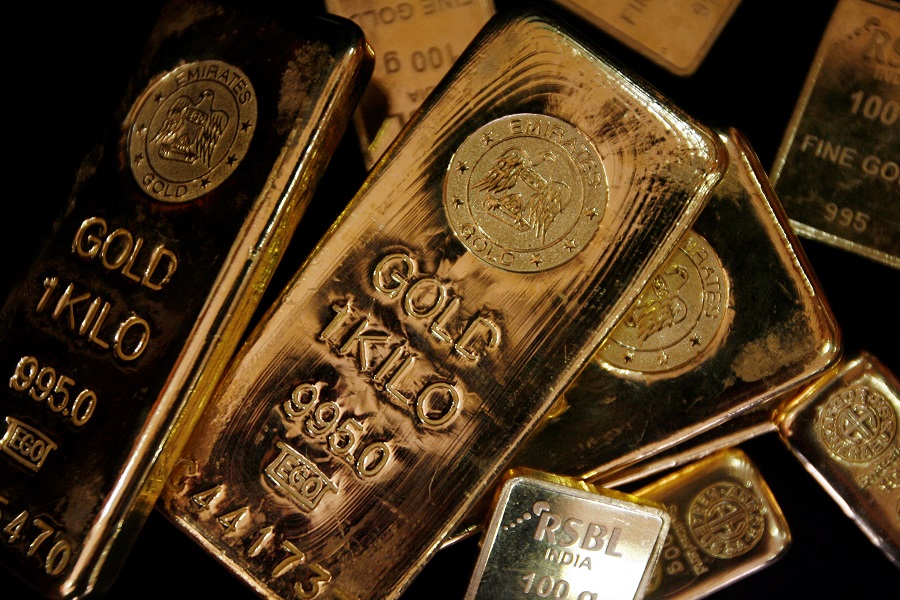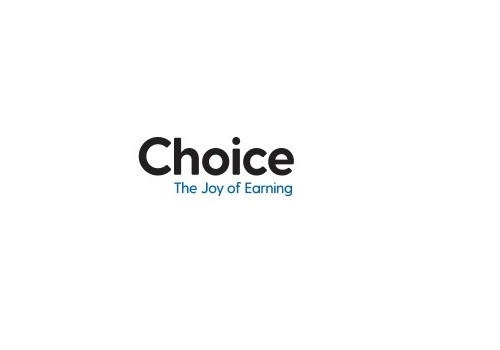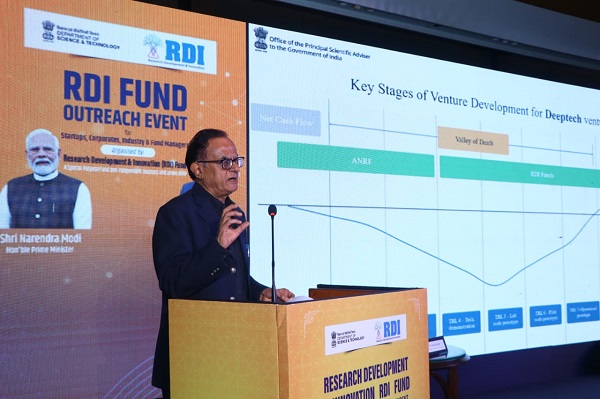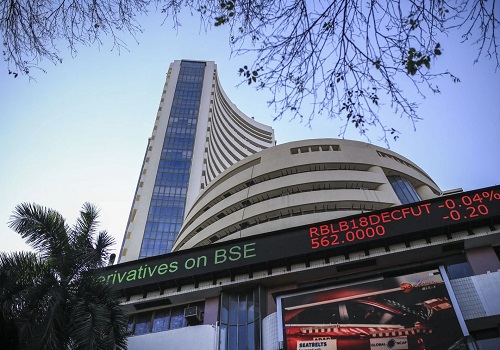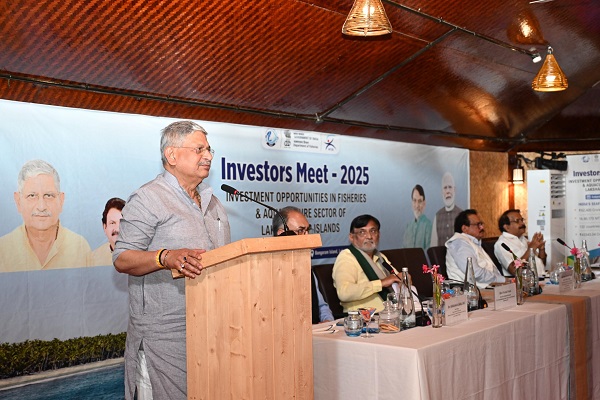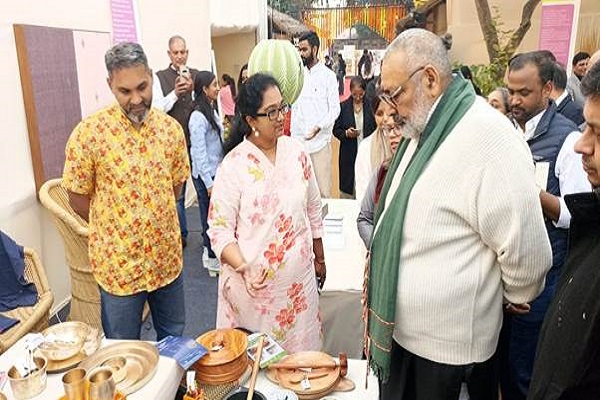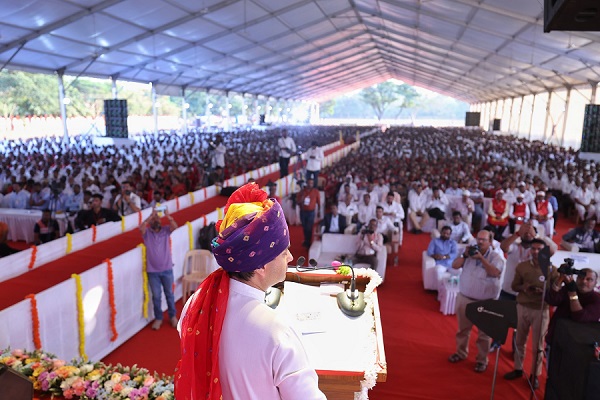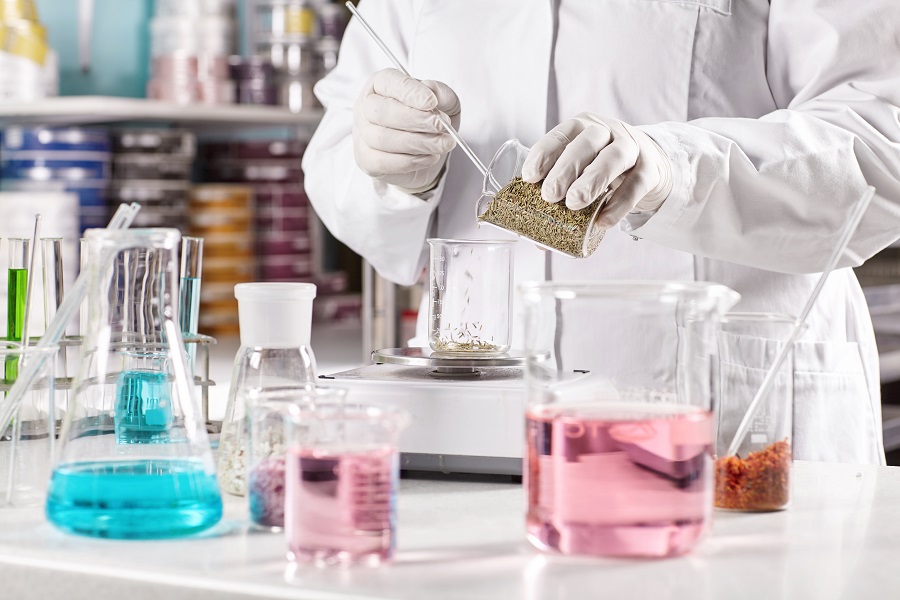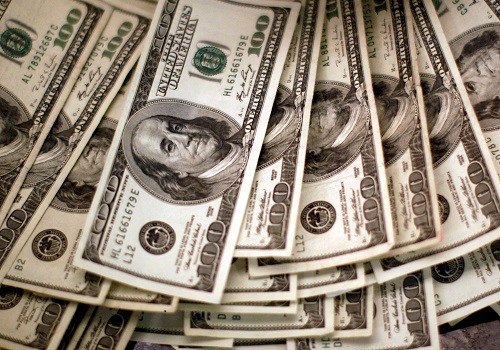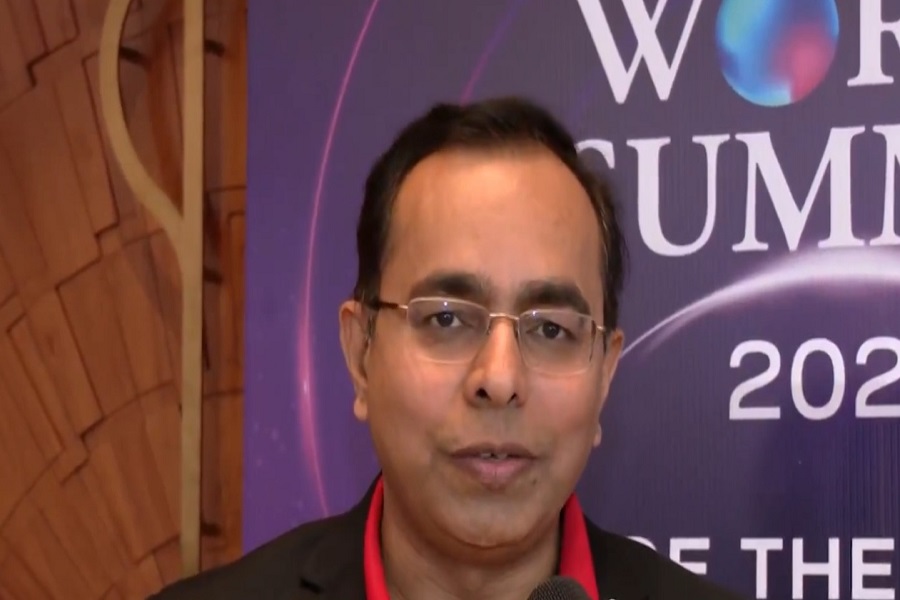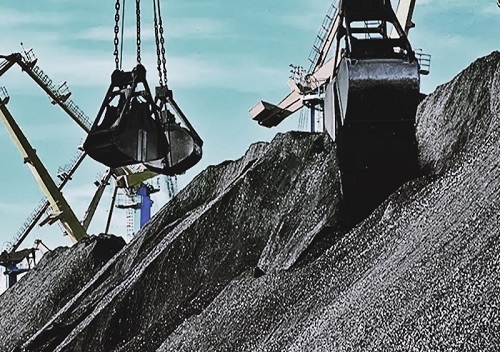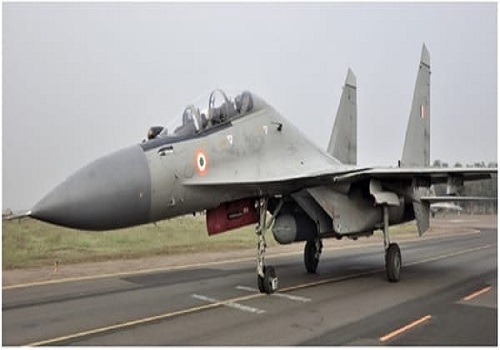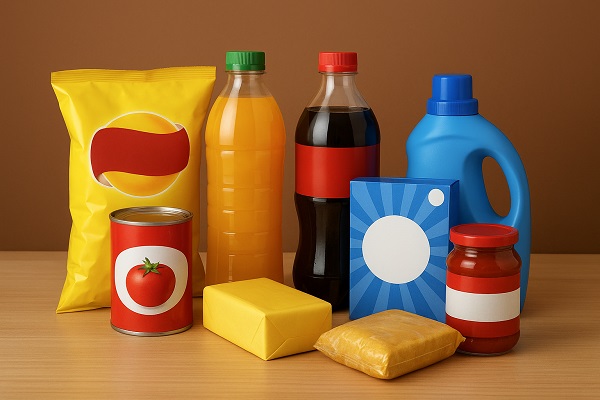Tyres Sector Update - Commodity inflation to keep near-term margin under pressure By JM Financial
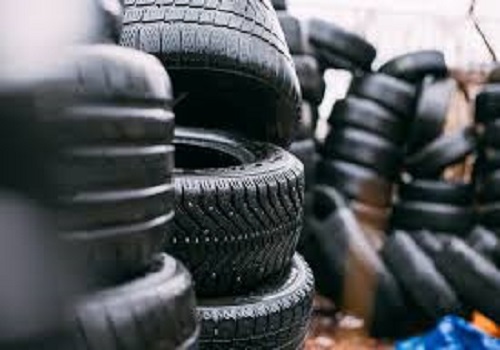
Commodity inflation to keep near-term margin under pressure
Inflationary pressures in the last few months have tested the companies’ ability to pass on the impact to end-consumer. This further questions the demand elasticity and pricing power of the industry. Our recent tyre focused channel checks (Dealer’s hopeful of demand recovery; crude prices - a key monitorable) suggest that while demand in the replacement market became soft in 4Q, largely due to covid related restrictions and steep price hikes, dealers are hopeful of recovery going forward, based on improving enquiries. In this note, we focus on how the profitability has been affected on account of inflationary pressures and the quantum of price hikes required by tyre companies to reach the normalised margins. While 3QFY22 realisation for tyre industry was highest in at least 9 years, gross profit per kg has been consistently declining since last 5 quarters - Gross profit per kg for APTY (INR75/kg in 3Q) and CEAT (INR80/kg in 3Q) has declined by 19.3%/15.7% from the peak in 2QFY21. Similar is the decline in EBITDA/kg for both APTY (INR19/kg decline since 3QFY21 to INR23/kg) and CEAT (INR17/kg decline since 3QFY21 to INR13/kg). The JM Tyre RM Index suggests that the RM basket consumption cost has increased by 5-6% QoQ for 4QFY22 (+36% since 3QFY21), primarily due to the increase in crude derivatives. With the recently announced hike in Feb’22 & Mar’22 (as per our channel checks), companies have already hiked prices by a total of 12- 18% since 3QFY21. APTY has led this price hike cycle with hike of ~15-18% in TBR & 16- 19% in PCR owing to relatively better demand in its key segments -T&B and PC tyres. CEAT, on the other hand, has been able to hike prices by 10-12% in 2W, 12-14% in PCR and 12- 17%in T&B tyres (refer exhibit 6).
Our analysis suggests that in order to maintain healthy margins, tyre companies would have to further hike prices in the replacement segment by 7-9% (refer exhibit 7). As the price hike lags RM cost inflation, we believe that impact of recent surge in RM prices will be more prominent towards end of 1QFY23 (with a quarter’s lag) while 4QFY22 margins are expected to remain relatively stable. We expect margin to recover back to sustainable level only in 2HFY23 (if RM basket consumption cost sustains/moderates from going forward). Expectation of improvement in demand in replacement market is likely to support tyre companies to take the required price hike during 1HFY23. Contracts with OEMs enable tyre companies to directly pass on commodity inflation. In addition, cost optimisation initiatives are likely to support sustainable margin delivery.
APTY is our preferred pick as we expect it to be a key beneficiary of domestic demand on its a) 75%+ exposure to the replacement segment, b) superior brand positioning/quality perception, c) wide-spread dealer network, d) increase in OE penetration, and e) turnaround in European operations providing margin support to domestic business. We maintain BUY on APTY/CEAT. However, in the near-term, one needs to be watchful on the spike in crude prices. Inability to hike prices, further increase in crude oil prices and any relaxation on import restrictions are key risks.
Realisations - highest in at least 9 years: Apollo has hiked prices by ~15-18% for TBR tyres & 16-19% for PCR tyres since 3QFY21 while CEAT has increased prices of 2W tyres by 10-12% PCR tyres by 12-14% and T&B tyres by 12-17% since 3QFY21 (refer exhibit 6). This has led to 3QFY22 realisation being highest in at least 9 years for both APTY (at INR247/kg) and CEAT (at INR236/kg) in the domestic market.
RM cost rises further; Gross profit per kg continues to skids: As per the JM Tyre RM Index, RM basket consumption costs for tyre manufacturers have further increased by 5-6% QoQ for 4QFY22 (36% since 3QFY21), primarily driven by the increase in price of crude derivatives (6-18% QoQ) partially offset by decline in domestic NR prices (-8% QoQ). This implies a total increase of c.36% since 3QFY21 (margins peaked in 2QFY21). Gross profit per kg for APTY (INR75/kg in 3QFY22; peaked in INR93/kg in 2QFY21) and CEAT (INR80/kg in 3QFY22; peaked in INR95/kg in 2QFY21) has declined by 19.3%/15.7% from the peak in 2QFY21.
Near term margins under pressure; more price hikes needed: Since 3QFY21, the tyre companies have taken up to 18% price hike – APTY (15-18%), CEAT (10-17%). Even then, EBITDA/kg has declined for both APTY (INR19/kg decline since 3QFY21 to INR23/kg) and CEAT (INR17/kg decline since 3QFY21 to INR13/kg). EBITDA margins in 3QFY22 were c.500-650bps below the normalized target margins for both APTY and CEAT. We believe, in order to achieve target margin levels, tyre companies would have to take further hike of 7-9% in the replacement segment (refer exhibit 7).
To Read Complete Report & Disclaimer Click Here
Please refer disclaimer at https://www.jmfl.com/disclaimer
CIN Number : L67120MH1986PLC038784
Above views are of the author and not of the website kindly read disclaimer
